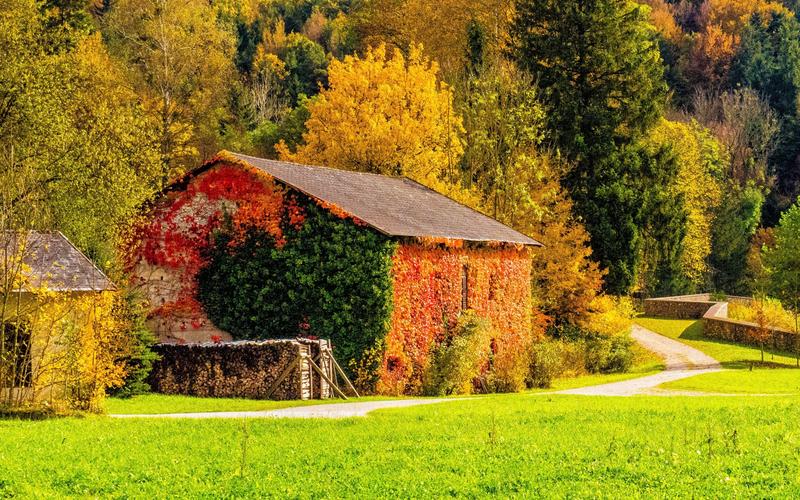Cultural heritage refers to the traditions, beliefs, customs, and artifacts that have been passed down from one generation to another. It is an essential aspect of our identity, and it provides us with a sense of belonging and connection to our ancestors. However, the importance of cultural heritage is often overlooked, and it is under threat of being lost forever. In this blog article, we discuss the importance of cultural heritage and ways to keep it from being ruined.
Why is Cultural Heritage Important?
Cultural heritage plays a crucial role in shaping our society and shaping our identities. It provides us with a sense of continuity and a link to the past, allowing us to learn from our ancestors’ experiences and achievements. Cultural heritage also helps us to understand our history and culture, giving us a deeper understanding of who we are as a people.
Another critical aspect of cultural heritage is its economic value. Cultural heritage sites and artifacts attract millions of tourists every year, generating billions of dollars in revenue for local economies. Cultural heritage also provides job opportunities for local communities and supports small businesses that sell local products and crafts.
How to Keep Cultural Heritage from Being Ruined?
Despite its importance, cultural heritage is under threat of being ruined. Natural disasters, urbanization, pollution, and political unrest are just a few of the factors that can damage or destroy cultural heritage sites. Here are some ways to prevent this from happening:
1. Preservation and Conservation
Preservation and conservation involve taking steps to protect cultural heritage sites and artifacts from damage or destruction. This can include things like installing protective barriers, conducting regular maintenance, and limiting access to the site. Preservation and conservation also involve educating the public and raising awareness about the importance of cultural heritage.
2. Documentation
Documentation is crucial for preserving cultural heritage. This involves taking photographs, creating maps, conducting surveys, and collecting data on the site. Documentation helps to create a record of the cultural heritage and provides valuable information for future generations.
3. Community Involvement
Community involvement is essential for the preservation of cultural heritage. Communities should be involved in the decision-making process and should have a say in how cultural heritage sites are managed. This helps to build a sense of ownership and responsibility towards the site, increasing the likelihood of its preservation.
4. Sustainable Tourism
Tourism is one of the biggest threats to cultural heritage. However, tourism can also be a force for good if it is managed sustainably. Sustainable tourism involves minimizing the negative impact on the environment and local communities while maximizing the benefits. This can include things like limiting visitor numbers, encouraging responsible behavior, and supporting local businesses.
Conclusion
Cultural heritage is an essential part of our identity, history, and culture. It provides us with a sense of continuity, connects us to our past, and provides economic benefits. However, cultural heritage is under threat of being ruined due to natural disasters, urbanization, pollution, and political unrest. To prevent this from happening, we need to focus on preservation and conservation, documentation, community involvement, and sustainable tourism. By working together, we can ensure that cultural heritage is preserved for future generations to enjoy.
(Note: Do you have knowledge or insights to share? Unlock new opportunities and expand your reach by joining our authors team. Click Registration to join us and share your expertise with our readers.)
